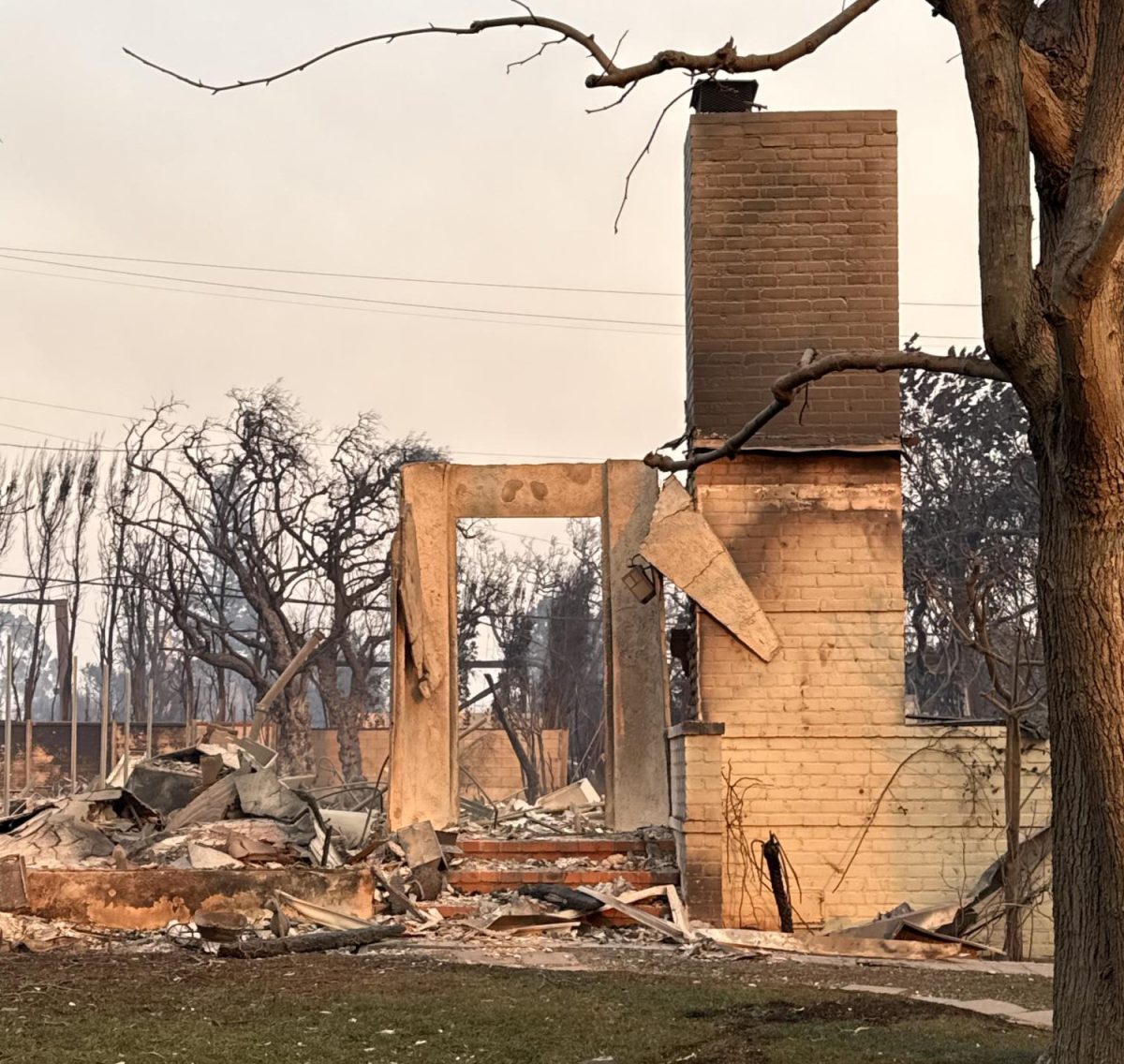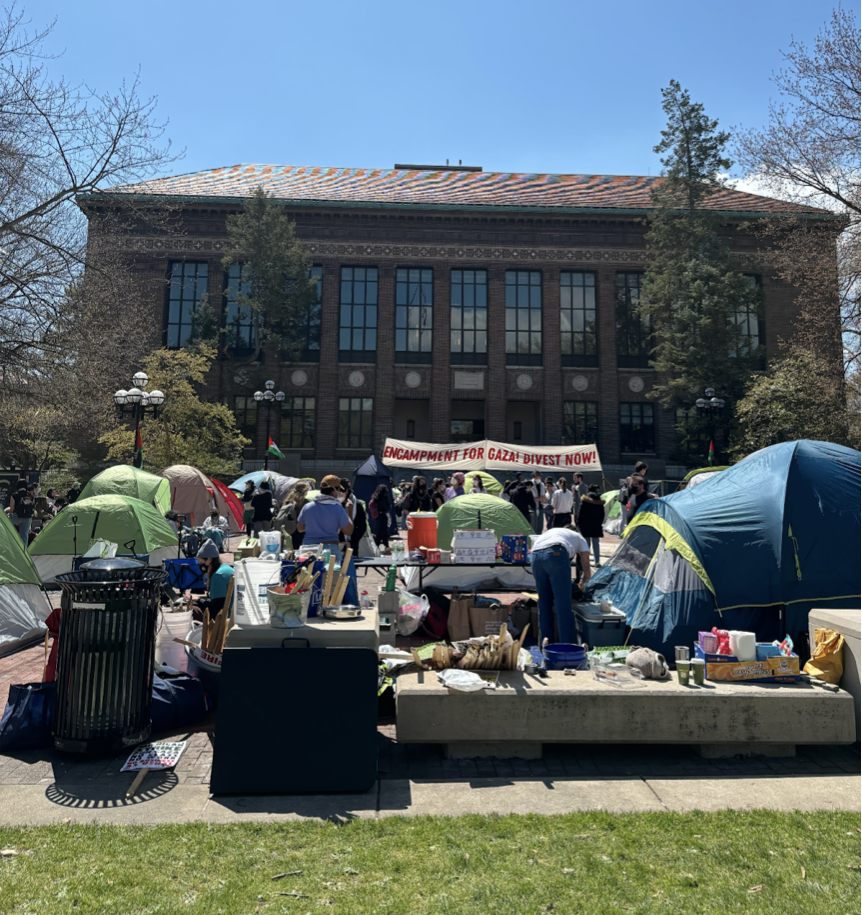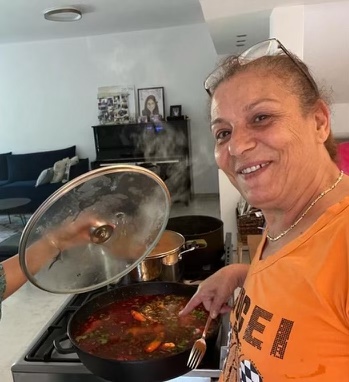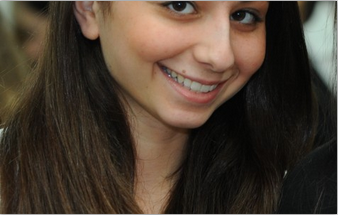When Gilad Shalit returned home to Mitzpe Hila last week from his prison cell in Gaza, he completed a journey that was paved with politics, prayers, and a worldwide outpouring of activism that reached as far as the Beit Midrash at Shalhevet High School.
Sgt. Shalit was released on October 18 after 1,941 days in captivity, in exchange for 1,027 Palestinian prisoners in Israeli jails.
It happened late Monday night Los Angeles time, and many students stayed up as late as 3 a.m. to watch the events live via television or internet, all the while posting statuses and pictures on Facebook showing their excitement.
“We’ve all been waiting for that day,” said junior Michal Vanunu, who waited until she saw him on Israeli soil. “I was curious to see how he arrived and how things went. I felt proud to be Jewish.”
When the exchange had been first announced a week earlier, on Oct. 11, word made it to Shalhevet’s hallways quickly, disrupting fourth period classes. Students passed along the news in the halls and via text message. Teachers and staff came out of their rooms to ask whether it was true.
Modern Middle East teacher Mr. Feld stopped his class and put up JPost.com so that the students could see for themselves.
“I cried when the news broke out,” said Registrar Lili Einalhori, one of those in the hallway. “I opened up JPost, and I didn’t know if it was for real, but I actually had tears.”
Shalhevet alumna Jaclyn Kellner ’11, who is spending her gap year in Modi’in in Israel, said the excitement was great there as well, though tempered with worry about the convicted terrorists being set free.
“Before the exchange happened, people were happy, but it was a subdued excitement,” Jaclyn said. “A common feeling was ‘Let’s just wait until we see him at home.’”
Still, Jaclyn was glued to the news all day and found it shocking when she saw people who weren’t. She also noted that aside from many banners on the side of the road, she did not see any public celebrations where she was.
“People were concerned about all of the prisoners we were releasing,” said Jaclyn. “But once we saw images of Gilad Shalit, all of that went out the window, at least for a good few hours.”
It was a day, and a week, of news, but for the subject was not new at all. For the past five years, students at Shalhevet had been following Gilad Shalit’s story with Town Halls and in-class moral dilemmas regarding the concept of such a lopsided prisoner exchange.
Sgt. Shalit was patrolling the Israel-Gaza border when he was kidnapped in June 2006 by Hamas gunmen who had tunneled under the border, whereas about half of the prisoners Israel would release had been convicted of the murder of Israelis in various terrorist attacks.
In March 2009, Shalhevet’s student-led annual blood drive was dedicated to an effort to push the Red Cross to visit Shalit, who had by then been held in isolation for three years with no visitors. Hand-painted banners saying “Visit Gilad Shalit!” and student-designed T-shirts saying “We must not stand idly by…” filled the Beit Midrash as more than three dozen students donated blood, discussing the Red Cross’s obligations with technicians while lying on gurneys.
A year later, then-senior Zev Hurwitz ’11 interviewed to Gilad’s father, Noam Shalit, while on a family trip to Jerusalem. Zev found the elder Mr. Shalit in his protest tent, located in front of Prime Minister Benjamin Netanyahu’s home.
“The Shalit family was doing an 11-day march from their home in Mitzpeh Hilla, to Jerusalem,” Zev said. “I I took pictures of the tent and some chairs they had set up. One of them said, ‘reserved for Gilad.’”
The actual exchange began with the first 477 prisoners leaving Israeli jails as Shalit was transferred to the Raffah crossing between Egypt and Gaza, where he had been held. There he was handed over to Egyptian mediators, who brought him first to a television interview and then to the Kerem Shalom crossing in Israel.
In Egypt, Shalit was interviewed looking tired and uncomfortable. He answered questions such as when he learned he would be released and whether he would help with the release of other Palestinians in Israeli jails.
“Of course I miss my family very much — I also miss my friends,” Sgt. Shalit said in the interview, which was broadcast worldwide. “I hope this deal will lead to peace between Palestinians and Israelis, and that it will support cooperation between both sides.”
After leaving Egypt, Shalit was flown to the Tel Nof air base in Israel, where he was greeted by Prime Minister Benjamin Netanyahu, Defense Minister Ehud Barak, and IDF Chief of Staff Benny Gantz. He was then reunited with his family.
The morning after the exchange, The Jewish Federation of Greater Los Angeles, the Israeli Consulate and the Israeli Leadership Council hosted an event at the Beverly Hilton in honor of Sgt. Shalit’s return. At 7 a.m., there was a live feed from Israel showing his return to his home in Mitzpe Hila.
Medical examiners determined that he was suffering from weakness, a loss of fluids, and a vitamin deficiency due to a lack of sun exposure, Haaretz reported, but his emotional health seemed good according to psychiatrist and post-trauma experts.







